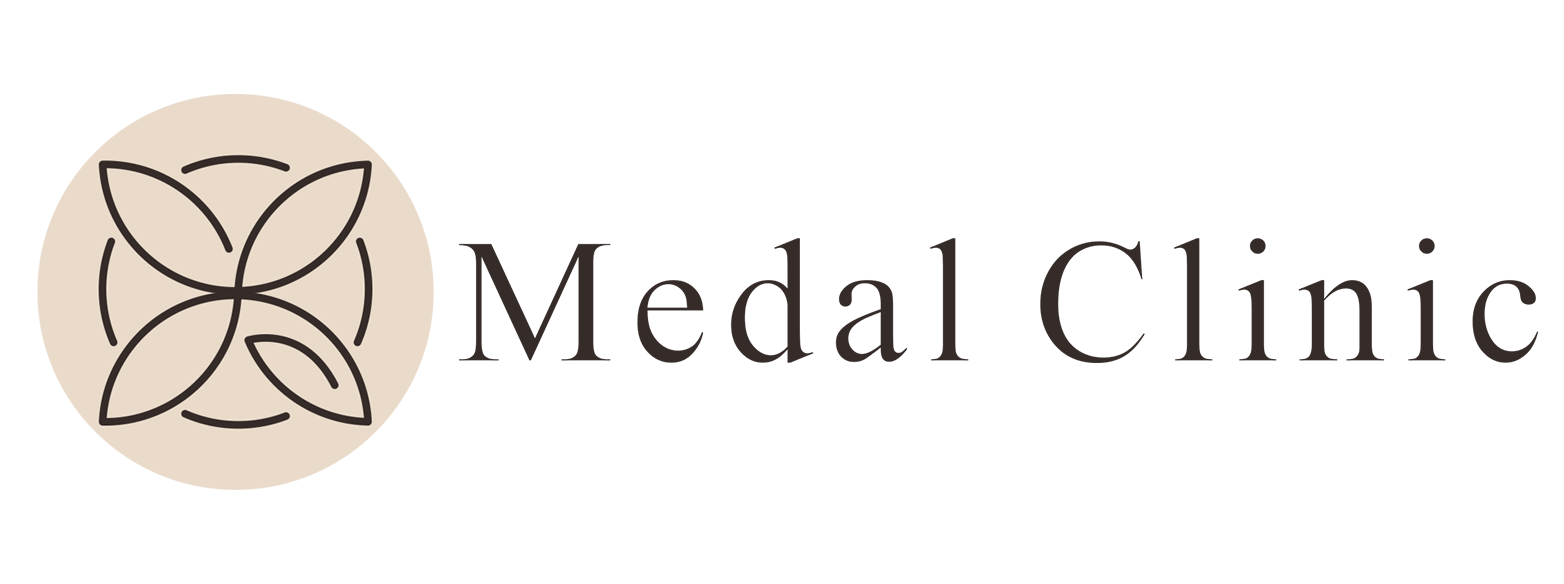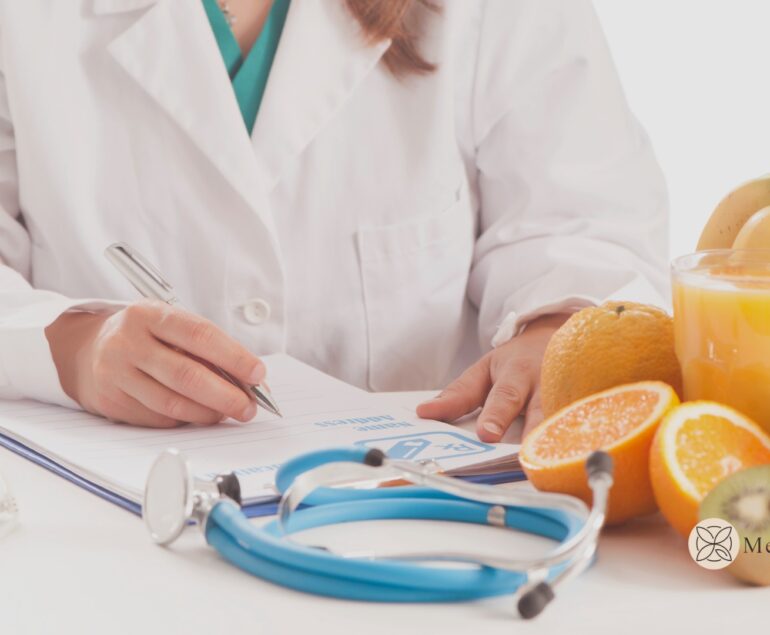Diet for Pregnancy
The Ultimate Guide to a Healthy Diet for Pregnancy: Nurturing You and Your Baby
Preparing for the arrival of a little one is an exhilarating experience, filled with anticipation and joy. As an expectant mother, it is crucial to prioritize your health and well-being during this transformative period. One of the key factors that contribute to a healthy pregnancy is maintaining a well-rounded diet that provides all the necessary nutrients for you and your growing baby.
The “Diet for Pregnancy” plays a vital role in nurturing your body and supporting optimal fetal development. In this comprehensive guide, we will delve into the essential components of a balanced and nutritious diet for pregnancy. From understanding the importance of key nutrients to practical dietary recommendations, this article will equip you with the knowledge to make informed choices and enjoy a healthy and thriving pregnancy.
Why Is a Healthy Diet for Pregnancy Important?
Before we dive into the specifics of a healthy diet for pregnancy, let’s explore why it is crucial to pay attention to your nutritional intake during this special time. A well-balanced diet during pregnancy offers a multitude of benefits, including:
- Promoting Healthy Fetal Development: A nutritious diet provides the essential nutrients that support the growth and development of your baby’s organs, bones, and tissues.
- Maintaining Your Energy Levels: Pregnancy can be physically demanding, and a healthy diet helps sustain your energy levels, reducing fatigue and supporting your overall well-being.
- Reducing the Risk of Complications: A well-nourished body is better equipped to handle the demands of pregnancy, reducing the risk of complications such as gestational diabetes and pre-eclampsia.
- Supporting Your Emotional Well-being: Proper nutrition can positively impact your mood and emotional well-being, contributing to a more enjoyable pregnancy experience.
Key Nutrients for a Healthy Pregnancy Diet
To ensure a well-rounded diet during pregnancy, it is essential to focus on obtaining the right balance of nutrients. Here are some key nutrients and their vital roles in supporting a healthy pregnancy:
- Folic Acid: Folic acid is crucial for preventing neural tube defects in the developing fetus. Include foods such as leafy green vegetables, citrus fruits, fortified cereals, and beans in your diet.
- Iron: Iron is responsible for carrying oxygen to your baby and helps prevent anemia in both you and your baby. Incorporate iron-rich foods like lean meats, poultry, fish, legumes, and fortified cereals.
- Calcium: Calcium is essential for the development of your baby’s bones and teeth. Include dairy products, leafy green vegetables, and fortified plant-based milk alternatives in your diet.
- Omega-3 Fatty Acids: Omega-3 fatty acids support your baby’s brain and eye development. Fish, such as salmon and sardines, along with walnuts and flaxseeds, are excellent sources.
- Protein: Protein is essential for cell growth and repair. Include lean meats, poultry, fish, eggs, dairy products, legumes, and nuts in your meals.
- Vitamin D: Vitamin D aids in the absorption of calcium and promotes bone health. Ensure adequate exposure to sunlight and consider fortified dairy products, mushrooms, and fatty fish.
- Vitamin C: Vitamin C helps with the absorption of iron and supports your immune system. Citrus fruits, strawberries, kiwi, bell peppers, and tomatoes are excellent sources.
- Fiber: Fiber aids in digestion and helps prevent constipation, a common concern during pregnancy. Opt for whole grains, fruits, vegetables, and legumes to increase your fiber intake.
Building a Balanced Diet for Pregnancy
Now that we have a good understanding of the essential nutrients for a healthy pregnancy, let’s explore how to incorporate them into a well-balanced diet. Here are some practical tips to help you build a nutritious and delicious meal plan:
Fill Half Your Plate with Fruits and Vegetables:
- Aim to include a variety of colorful fruits and vegetables in your meals.
- Choose fresh, frozen, or canned options, ensuring they are free from added sugars or excess sodium.
- Incorporate leafy greens, such as spinach and kale, which are rich in folic acid and iron.
Embrace Whole Grains:
- Opt for whole grain bread, pasta, rice, and cereals to increase your fiber and nutrient intake.
- Look for labels that specify “100% whole grain” to ensure you’re getting the maximum benefits.
Include Lean Protein Sources:
- Choose lean cuts of meat, such as poultry and fish, which are excellent sources of protein.
- If you’re vegetarian or vegan, include plant-based protein sources like tofu, tempeh, legumes, and quinoa.
Don’t Forget Healthy Fats:
- Incorporate sources of healthy fats, such as avocados, nuts, seeds, and olive oil.
- These fats provide essential nutrients and help in the absorption of fat-soluble vitamins.
Stay Hydrated:
- Drink plenty of water throughout the day to stay hydrated and support healthy digestion.
- Limit your consumption of sugary beverages and opt for water, herbal teas, or infused water instead.
Snack Smartly:
- Choose nutrient-dense snacks, such as yogurt, nuts, fruits, or whole grain crackers.
- Avoid sugary snacks and opt for healthier alternatives to satisfy your cravings.
Dietary Considerations and Precautions
While a well-rounded diet is essential during pregnancy, there are certain considerations and precautions to keep in mind:
1- Limit Caffeine Intake:
- Excessive caffeine consumption may increase the risk of miscarriage or preterm birth.
- Limit your caffeine intake to 200 mg per day, equivalent to one 12-ounce cup of coffee.
2- Avoid Raw or Undercooked Foods:
- Raw or undercooked foods, including seafood, eggs, and unpasteurized dairy products, may harbor harmful bacteria.
- Ensure all foods are cooked thoroughly to reduce the risk of foodborne illnesses.
3- Say No to Alcohol and Tobacco:
- It’s crucial to avoid alcohol and tobacco during pregnancy, as they can have severe negative effects on your baby’s development.
4- Practice Safe Food Handling:
- Wash your hands thoroughly before handling food.
- Store food properly, separate raw and cooked foods, and ensure proper cooking temperatures to prevent foodborne illnesses.
In conclusion
A healthy and balanced diet is crucial for a smooth and successful pregnancy journey. By focusing on nutrient-rich foods, including a variety of fruits, vegetables, whole grains, lean proteins, and healthy fats, you can provide your body and your growing baby with the necessary nutrients for optimal health and development.
Remember to listen to your body’s cravings and aversions, and make mindful choices within the dietary considerations and precautions discussed. Stay hydrated, manage morning sickness, and practice safe food handling. And don’t forget to consult your healthcare provider for personalized advice and recommendations throughout your pregnancy.
Embrace this incredible chapter of your life by nourishing yourself with a diet for pregnancy that supports your well-being and creates a nurturing environment for your baby’s growth. Enjoy this journey and savor the joy of nurturing both yourself and your little one with every delicious and nutritious bite.
FAQ's about Diet for Pregnancy
Can I continue to eat fish during pregnancy?
Yes, fish can be a valuable source of omega-3 fatty acids and protein. However, some types of fish may contain high levels of mercury, which can be harmful. Choose low-mercury options like salmon, sardines, and trout.
Should I take supplements during pregnancy?
While a balanced diet should ideally provide most of the necessary nutrients, prenatal supplements can help fill any nutritional gaps. Consult with your healthcare provider to determine if you need any specific supplements.
Is it normal to have cravings during pregnancy?
Yes, cravings are common during pregnancy. It’s okay to indulge in cravings occasionally, but try to maintain a balanced diet overall.
Can I lose weight during pregnancy by restricting my caloric intake?
It is not recommended to actively try to lose weight during pregnancy by restricting your caloric intake. Pregnancy is a time when your body requires additional calories to support the growth and development of your baby. Instead of focusing on weight loss, aim to maintain a healthy weight gain within the recommended range set by your healthcare provider.
How can I manage morning sickness and food aversions?
Morning sickness and food aversions are common during pregnancy, particularly during the first trimester. To manage these symptoms:
- Eat small, frequent meals throughout the day to prevent an empty stomach.
- Choose bland foods that are easier to tolerate.
- Stay hydrated by sipping on fluids like water, herbal teas, or ginger ale.
- Consult your healthcare provider if morning sickness becomes severe or persists beyond the first trimester.
Can I continue to exercise while following a pregnancy diet?
Yes, exercise is generally beneficial during pregnancy. However, it’s important to consult your healthcare provider before starting or continuing any exercise routine. They can provide guidance on safe exercises and recommend modifications based on your individual needs and health condition.




